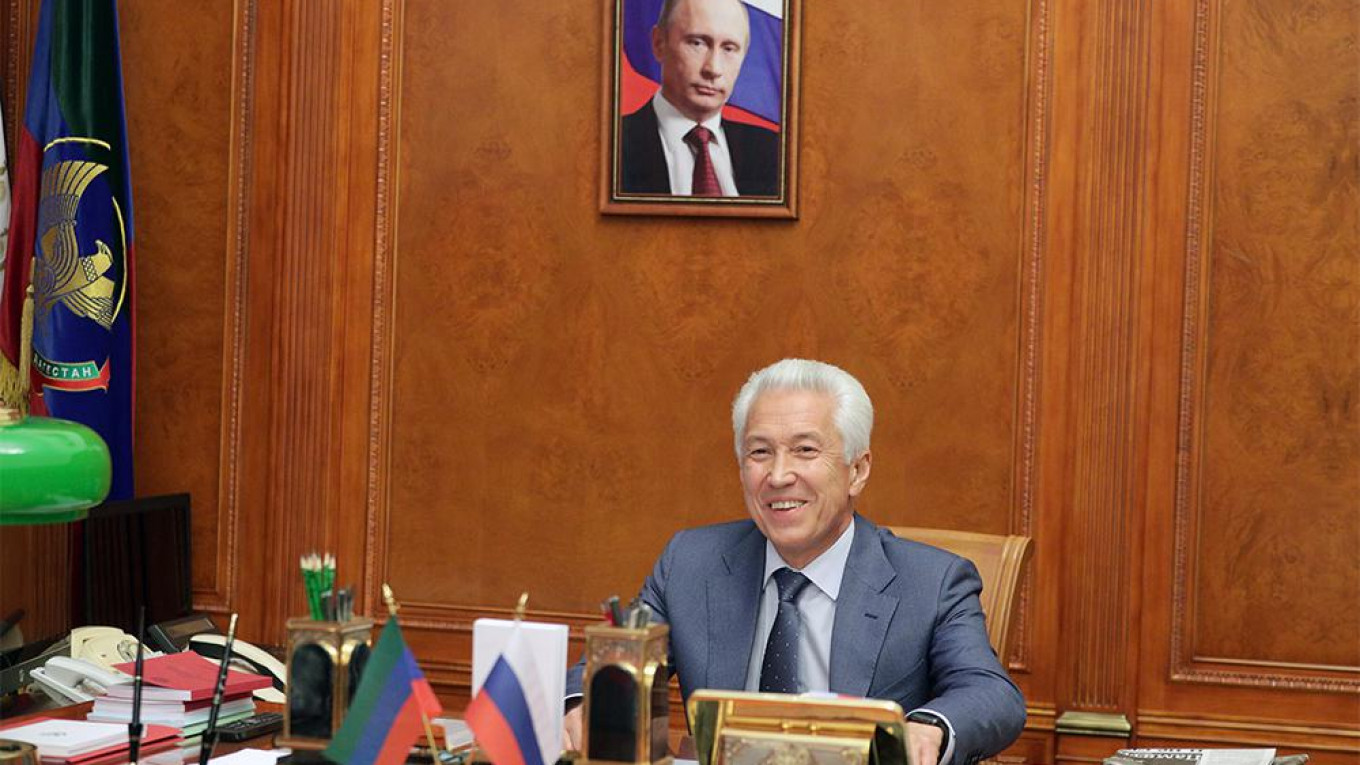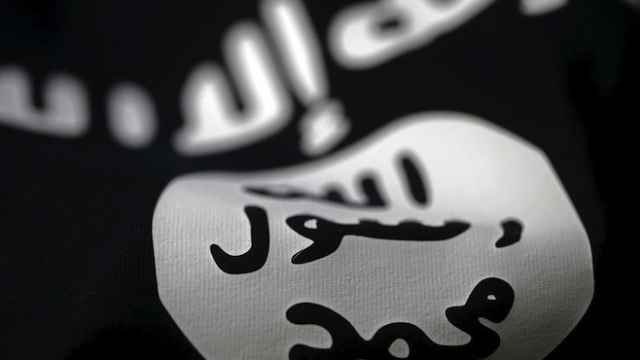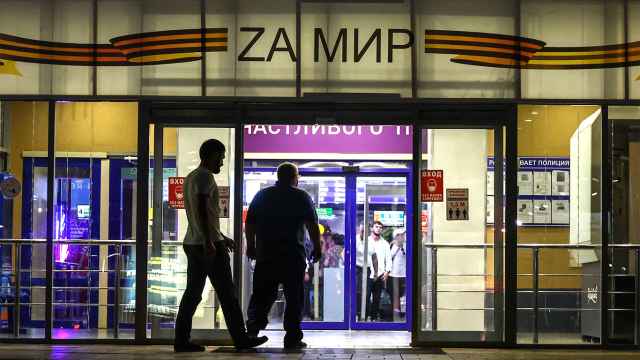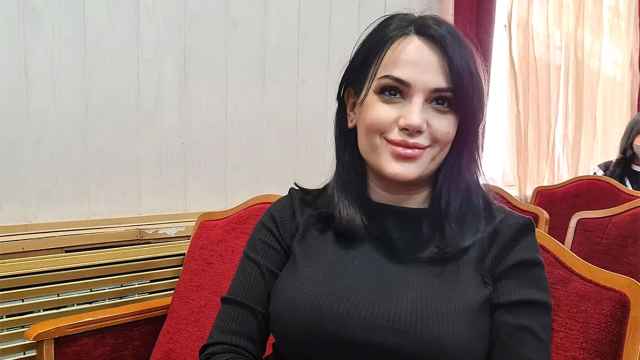The appointment of Vladimir Vasilyev, retired top brass in Russia’s police and United Russia deputy, as the new governor of the restive and clannish Dagestan republic has raised eyebrows.
Half-Russian-half-Kazakh, Vasilyev hasn’t lived or worked in Dagestan. He is a stranger to the mostly Muslim region that has eclipsed Chechnya as a battlefield for Islamic radicals and a breeding ground for suicide bombers who have struck targets even in Moscow.
For decades, political power in Dagestan rested with representatives of its largest local ethnic groups, the Avars and the Dargins. Dagestan, with over three million registered residents, is the largest Russian region in the North Caucasus and it is the country’s most ethnically diverse province.
After the collapse of the Soviet Union, ethnic Russians there plummeted from 9.7 percent of the population in 1989 to 3.6 percent in 2010. The region boiled with crime and Islamist insurgencies. It survived thanks to lavish government subsidies, carved up by competing clans who paid little attention to social or economic development.
Moscow tolerated the clans on the condition they would help contain security threats, namely Islamist terrorists. But this policy had mixed success. Competing tribes used Islamic radicals as muscle in turf wars and the local law enforcers needed them to justify massive financial spending on the war on terror.
The lull in fighting with Islamists since 2014 can be explained by the emergence of Islamic State in Syria and Iraq. The self-proclaimed caliphate sucked an estimated 2,000 radicals from Dagestan and neighboring Chechnya. It was Islamic State, not an effective fight against regional terrorists, that brought about the improvement of social and economic conditions in the republic, even while the government was visibly failing.
One popular explanation behind the appointment of former police heavyweight Vasilyev — who will be the first non-Avar and non-Dargin leader of Dagestan since 1948 — is that President Vladimir Putin wants to put an end to the looting of state assets by local strongmen.
Another candidate considered by the Kremlin for years, the 52-year old first deputy head of the powerful National Guard Sergei Melikov, would have been a better fit. But Melikov has repeatedly declined the offer, apparently because he understands that he doesn’t have the backing of law enforcement required to rein in local clans.
Vasilyev’s appointment can be better understood as just one part in an ongoing series of replacements of regional bosses by the Kremlin. It started in late September and is expected to bring new leadership to a dozen Russian provinces.
Aged governors, the regional barons with strong ties to regional political and business elites, are being replaced by younger, often little-known, bureaucrats with little or no ties to the regions they are expected govern.
The Kremlin’s line is that rejuvenation of the governor corps demonstrates Putin’s commitment to improving and modernizing governance.
What is left unsaid is that the new regional managers do not have any plans for economic reforms, any mandate or any support from the federal government to conduct those reforms.
The position of governor in Russia over the past several years has stopped being a coveted prize. The top administrators are regularly targeted by law enforcement in sting operations and end up in prison — perhaps even more frequently than leaders of the political opposition.
Regional administrations were long ago stripped of economic clout even though the Kremlin demands that social and economic standards are maintained. They are also expected to ensure political stability and public support for United Russia and its candidates at elections.
It is possible that the new appointees, who are acting governors until they are voted into their positions following elections, are often second-tier government officials who could not resist the Kremlin’s offer. Heavyweights in higher-ranking positions, like Melikov, dodge these jobs.
It took the Kremlin six days to find a new acting head for Dagestan, the longest gap between the dismissal and nomination in the ongoing reshuffle. Vasilyev’s name was not discussed in the interim, even by the all-knowing Telegram pundits who leak information from the highest circles.
More likely, Vasilyev was just the biggest name among those who could not refuse Putin’s offer. His task now is to navigate Dagestan through the presidential elections in March next year and avoid major scandals, the likes of which routinely mar major ballots in the republic.
Vasilyev is 68. In Dagestan, the governor is elected not by a public vote but by the regional parliament, dominated by the United Russia party. Elections will be held in September 2018 and several political analysts have said that Vasilyev is a transitional figure and will be replaced by another Kremlin appointee.
But the problems in Dagestan have been obvious to outside observers, including the Kremlin, for years and yet it seems that nothing was done by the country’s leadership to select or groom a better regional boss until the previous Dagestani leader Ramazan Abdulatipov resigned abruptly last month.
It is therefore likely that if the situation does not explode under Vasilyev in the nearest months, he will be allowed to stay at the helm for the next five years. Let well enough alone is an old Russian maxim, after all.
Nabi Abdullaev is an Associate Director at Control Risks and a former editor-in-chief of The Moscow Times. He is also a native of Dagestan and has written extensively on the North Caucasus.
The views and opinions expressed in opinion pieces do not necessarily reflect the position of The Moscow Times.
A Message from The Moscow Times:
Dear readers,
We are facing unprecedented challenges. Russia's Prosecutor General's Office has designated The Moscow Times as an "undesirable" organization, criminalizing our work and putting our staff at risk of prosecution. This follows our earlier unjust labeling as a "foreign agent."
These actions are direct attempts to silence independent journalism in Russia. The authorities claim our work "discredits the decisions of the Russian leadership." We see things differently: we strive to provide accurate, unbiased reporting on Russia.
We, the journalists of The Moscow Times, refuse to be silenced. But to continue our work, we need your help.
Your support, no matter how small, makes a world of difference. If you can, please support us monthly starting from just $2. It's quick to set up, and every contribution makes a significant impact.
By supporting The Moscow Times, you're defending open, independent journalism in the face of repression. Thank you for standing with us.
Remind me later.








